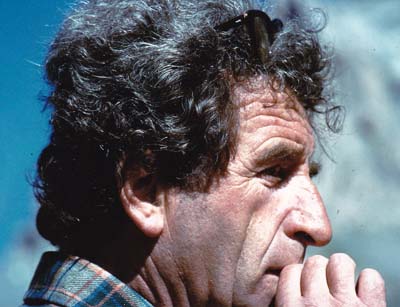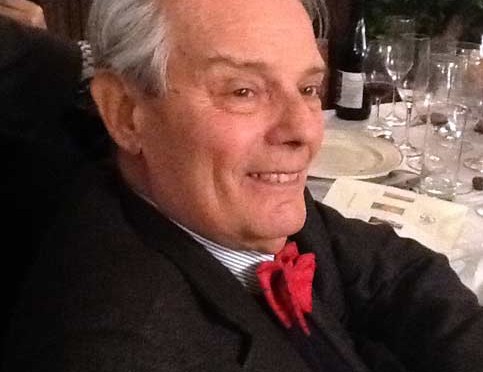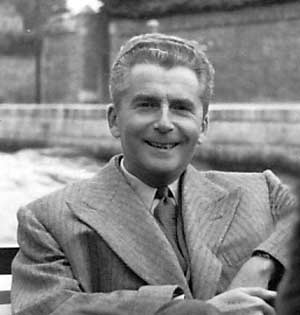“I have always wanted to be myself and not just anyone, and one of these days I want to be a better me”
Acceglio 17th September 1925, Montenidoli 19th October 2012.
1931 – STORYTELLER. Since he was a child Sergio loved to invent beautiful stories for the kids that were walking with him to the village for school. He was born in Val Maira, one of the valleys of the Alps that crown Cuneo, in Piedmont, on the French border.
1943 – PARTISAN AND MOUNTAIN CLIMBER. During the Second World War he joined the Partisans and succeeded to defend his valley from the invaders. He knew his mountains inch by inch and he became a guide for rock-climbing also in other parts of Italian Alps.
1945 – A TEACHER AND A HEALER. For many years he taught to young and adult of his valley and soon became a beacon for learning and culture: everybody was going to him for advice and everybody was calling him the “Magister”.
1956 – SCHOOL IN GENOVA. A class for the rich and for the poor’s: he knew how to make a family with the children of the wealthy and the children of the immigrants: a happy lively group of creative pupils.
1968 – MONTENIDOLI. He arrived with youngsters in need of help. True poet that he was, immediately felt the magic of Montenidoli. He became the old oak giving warmth, strenght and courage to all those who came to him for help. For everybody he was the “Patriarch”.
THE POET. Through all his life he filled pieces of paper with verses that were suddenly coming to his mind. He wrote comedies for adults and for children. Articles for a newspaper and a book for children. It has been a life woven with love and beauty.





